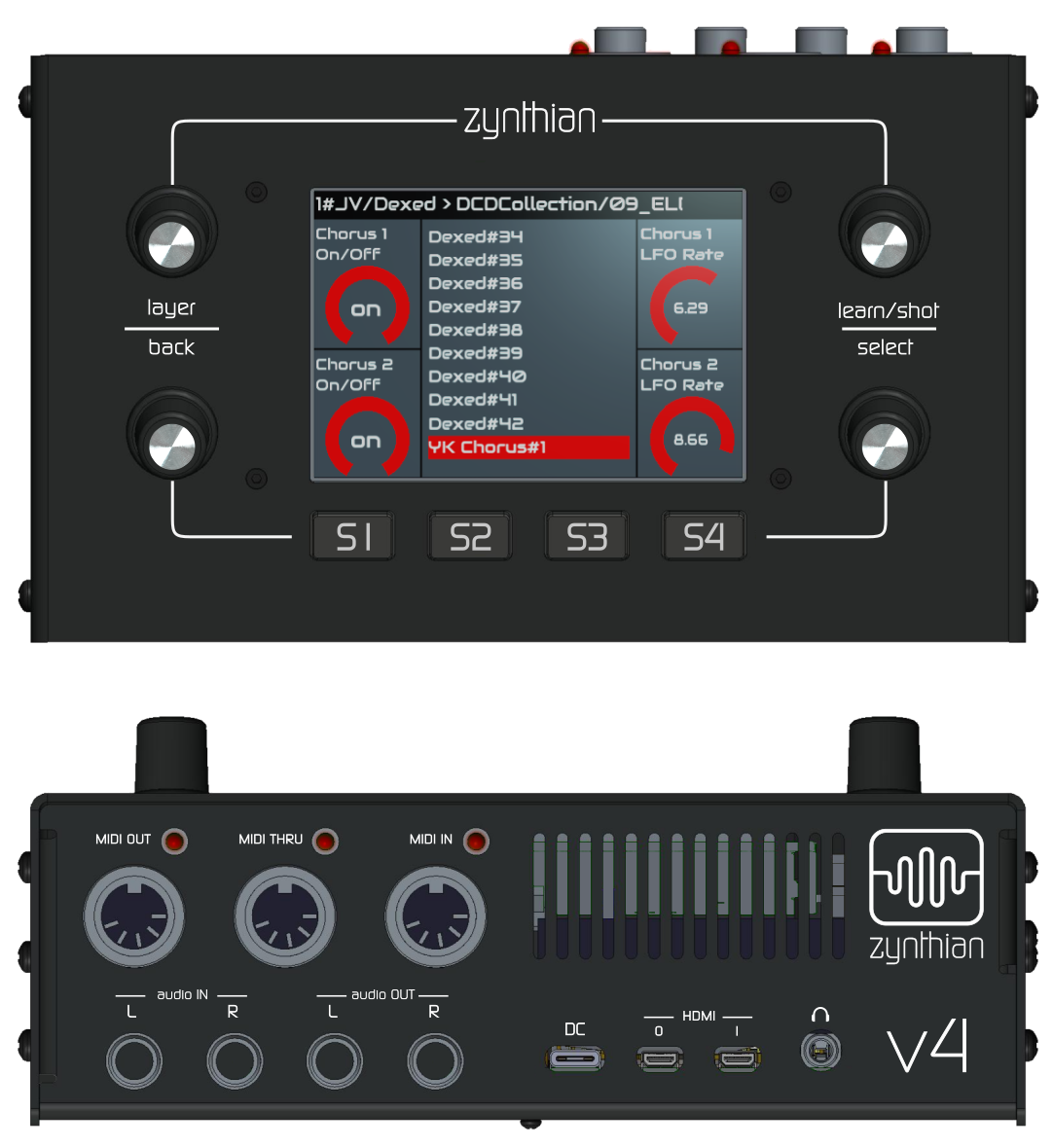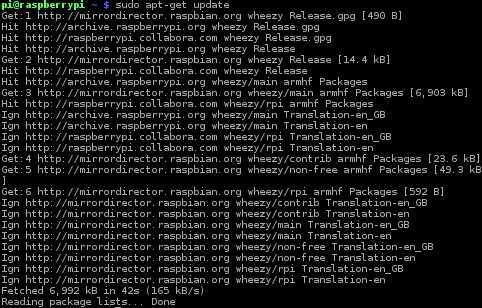
- #Update traccar raspberry pi how to
- #Update traccar raspberry pi install
- #Update traccar raspberry pi update
- #Update traccar raspberry pi software
Also hope this helps to future readers.ĭownload the mod_proxy_tunnel.c and compile it using apxs -i -a -c mod_proxy_tunnel.c Let me know if this helps, else I can help you troubleshooting the problem.

I have invested lot of time figuring this out and there is very little documentation available for this. I followed these steps for CentOS 2.2, assuming for Raspberry Pi it should be on similiar lines. # "ProxyPass /websockets/mywebsocket ws:///websockets/mywebsocket" # and add the following line inside the VirtualHost element: modify default site config with "sudo nano default" mods-available/proxy_wstunnel.load proxy_wstunnel.load # Create symbolic link to load the module Sudo echo "LoadModule proxy_wstunnel_module /usr/lib/apache2/modules/mod_proxy_wstunnel.so" > proxy_wstunnel.load Sudo cp modules/proxy/.libs/mod_proxy_wstunnel.so /usr/lib/apache2/modules configure -enable-proxy=shared -enable-proxy_wstunnel=shared buildconf # EDIT: Some commenters noted that buildconf should be run before the configure
#Update traccar raspberry pi how to
For more similar tutorials, refer to our guides How To Set Environment Variables In MacOS or How To Set Environment Variables In Linux.Download Apache Source, add patch from Vitkin, compile Apache and add module mod_proxy_wstunnel.so to Apache Modulesĭetailed steps: # Check apache version (should be 2.2.22 as of writing, if not adjust the next step) The article also guided you in setting the default version of Java in use and defining the JAVA_HOME path environment variable. You should now have a working installation of OpenJDK 11 and/or OpenJDK 8 on your Raspberry Pi.
#Update traccar raspberry pi install
This tutorial showed you the necessary steps to install Java 8 and Java 11 on a Raspberry Pi. To uninstall Java 11 on your Raspberry Pi system, run the following command: sudo apt remove default-jdk Press Y and hit Enter to confirm and wait for the process to complete. To uninstall Java 8 on your Raspberry Pi system, run the following command: sudo apt remove openjdk-8-jdk You can also uninstall Java on Rasperry Pi using apt. Uninstall Java on Raspberry Piīy following this guide, you have installed Java 8 and/or Java 11 using the apt package manager. To configure the path environment variable for a single user, insert the line in the. Anything defined in the file will affect every user on the system. Note: The /etc/environment file is a system-wide configuration file. The output should return the JAVA_HOME path defined in the /etc/environment file. Verify the changes by running the following command: echo $JAVA_HOME Now reboot your system for the changes to take effect: sudo rebootĦ. Save the file and exit the text editor.ĥ. Add the following to the file: JAVA_HOME="path_of_your_default_version_of_java"įor example, for OpenJDK 8, you should insert: JAVA_HOME="/usr/lib/jvm/java-8-openjdk-armhf/jre/bin/java"Ĥ. Next, edit the /etc/environment file: sudo nano /etc/environmentģ. OpenJDK 8 path – /usr/lib/jvm/java-8-openjdk-armhf/jre/bin/javaĢ.OpenJDK 11 path – /usr/lib/jvm/java-11-openjdk-armhf/bin/java.

On any Raspberry Pi system, the default locations are usually: Start by finding the location of your default Java instance: sudo update-alternatives -config java If not configured, you may receive a “ no JDK found” error.ġ. Note: Applications compiled in Java (e.g., Apache Tomcat) use the JAVA_HOME path environment variable to access your Java’s installation path.
#Update traccar raspberry pi update
In a terminal window, enter the following: sudo apt update The default Raspbian repositories have a fully-updated and compatible version of OpenJDK.ġ. Raspberry Pi’s system architecture is ARM-based so many packages aren’t compatible.
#Update traccar raspberry pi software
It is recommended that you install all packages from the default Raspbian software repositories. Raspbian is based on Debian, so terminal commands to install Java will use the aptpackage manager.

Oracle Java versions require an account to download, and most are not compatible with Raspberry Pi. Important: This guide will help you install the free, open-source OpenJDK version.


 0 kommentar(er)
0 kommentar(er)
